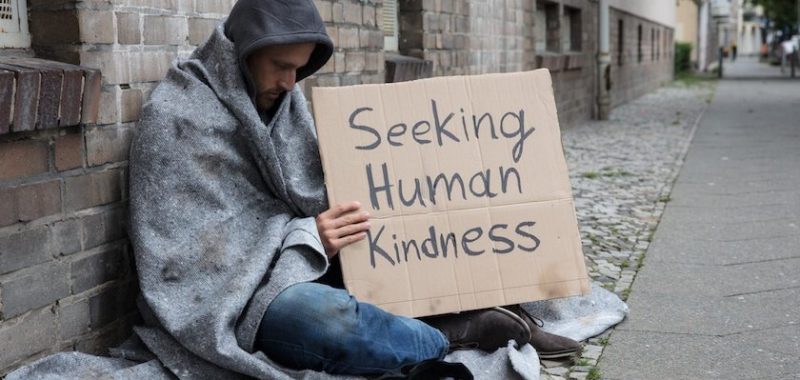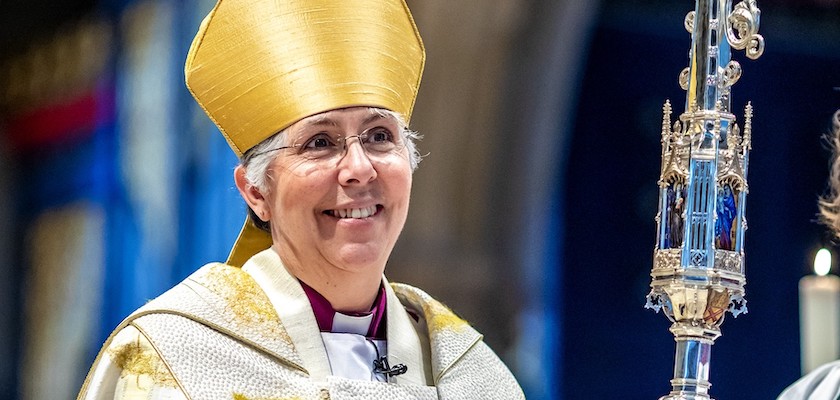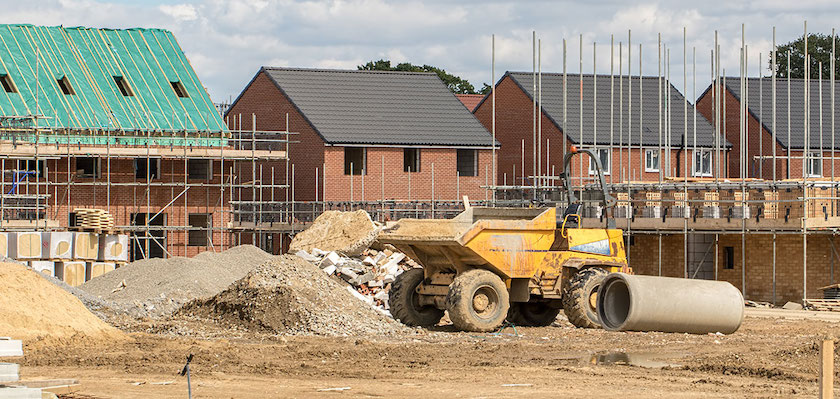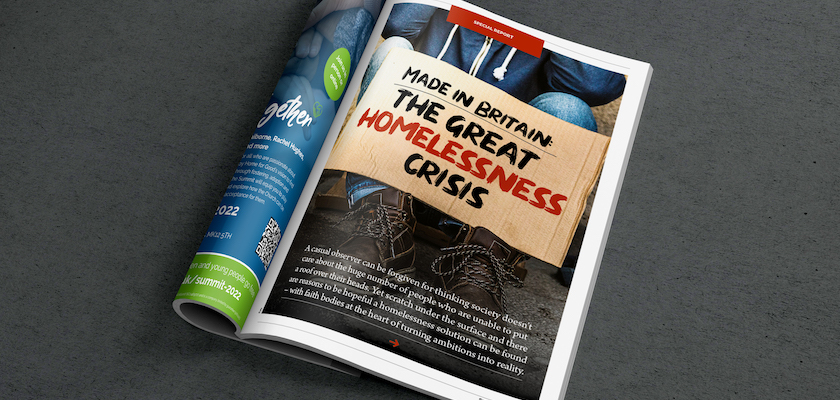Church's new homes vow

The Church of England has confirmed it is seeking to help more than 270,000 homeless people in the UK find a permanent home.
Writing exclusively in the latest edition of Sorted magazine, Guli Francis-Dehqani, the Bishop of Chelmsford, and Andrew Gray, a senior member of the General Synod, state there has been a huge shift in thinking within the Church of England – so much so, it is now actively looking at ways it can use its £9.2 billion of assets to finance a meaningful house-building programme.
And they should know what they're talking about: they lead two special groups commissioned by the church to investigate ways to alleviate the housing and homelessness crises.
 SIGN OF INTENT: Bishop Guli has declared the Church of England is keen to help in a meaningful way.
SIGN OF INTENT: Bishop Guli has declared the Church of England is keen to help in a meaningful way.
"As a major landholder, the Church is certainly in a good position to inaugurate the change we want to see," they write in our Special Report on Homelessness, which is included in the latest edition of the magazine. "The Church Commissioners have a £9.2 Billion asset portfolio, meaning the Church of England can borrow money very cheaply. That is a big advantage.
"Alas, land and money are not enough: it is the right stewardship of these gifts which will enable the Church to lead the way. Until recently, it typically sold off its assets, which generated revenue for mission and running costs. However, this has not always helped the poorest."
 LOOKING FORWARD: The Church is seeking to use its large asset base to finance house building.
LOOKING FORWARD: The Church is seeking to use its large asset base to finance house building.
While being a long way away from being able to quantify the scale of any Church-financed housing programme, the declaration by Bishop Guli and Andrew Gray has the potential to be a significant turning point.
"Learning to leverage land and buildings for the greater good is now creating a cultural shift within the Church of England," they continue.
"Prior to Covid, the Church was a key provider of night shelter and immediate relief from living on the streets. A parish church might find itself providing soup, socks and a space between the pews for people to spend the night. The pandemic has changed that dynamic; it is difficult to run emergency shelters with social distancing and disease restrictions! Instead, the focus is shifting towards the provision of housing."
 SPECIAL REPORT: the latest issue of Sorted examines what can be done to help?
SPECIAL REPORT: the latest issue of Sorted examines what can be done to help?
To read the full article, and others from the Salvation Army and the new chief executive of Crisis, one of the UK's largest charities for the homeless, as well as discovering how several not-for-profit bodies are working innovatively to tackle the scale of the problem, get your copy of Sorted from WH Smith or McColls today.
You can also subscribe to the magazine by clicking here.
